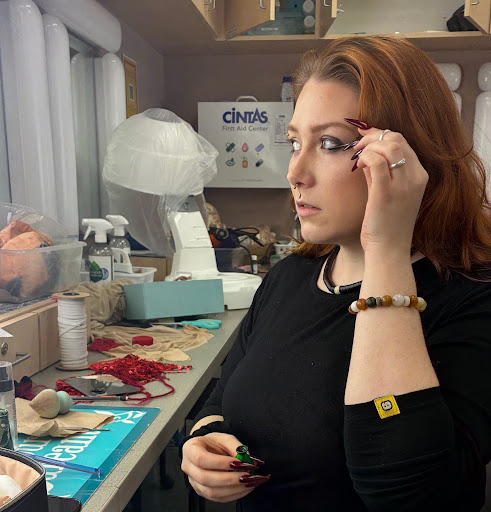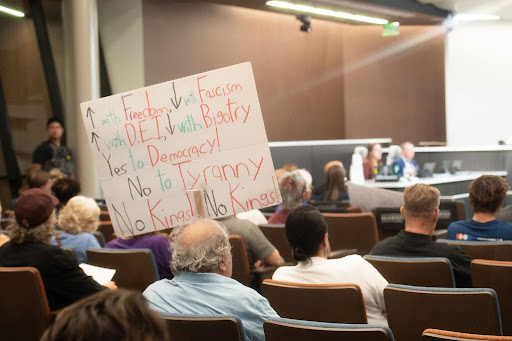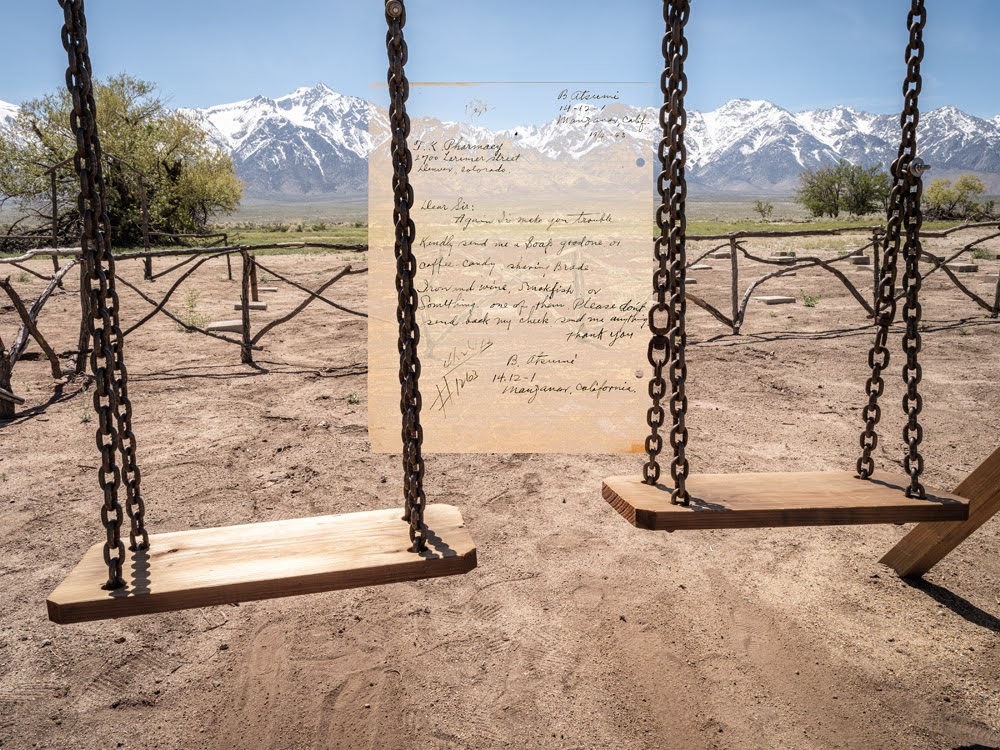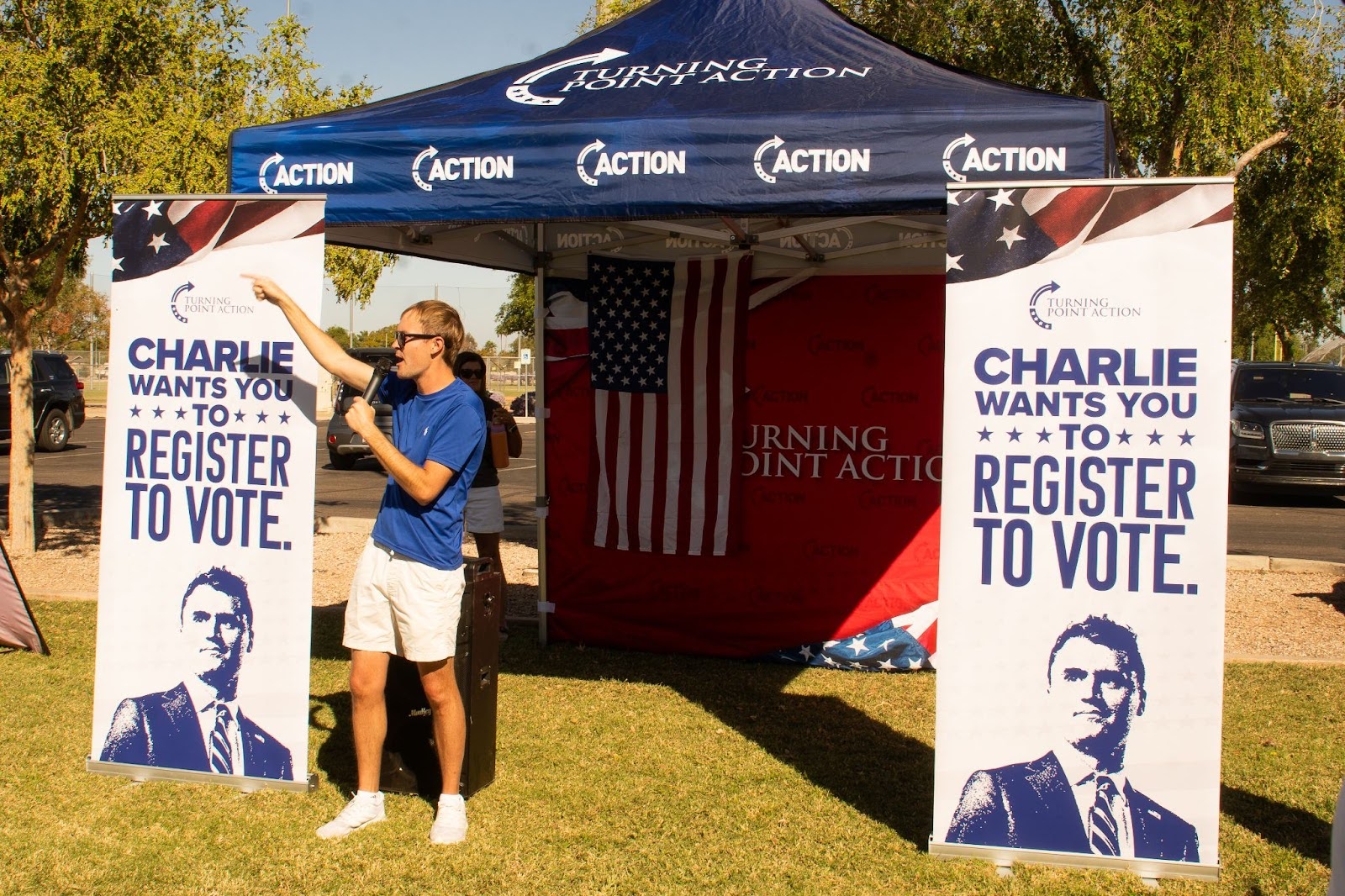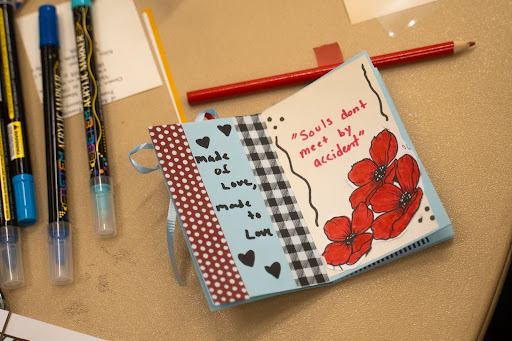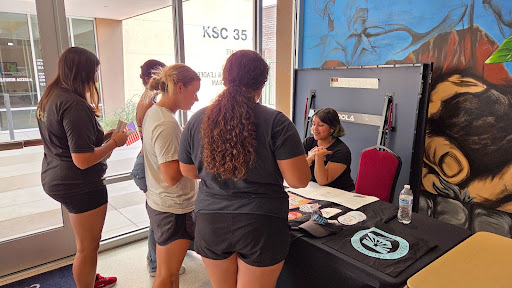New initiative seeks to legalize recreational marijuana use
Nikki Waldmann
Mesa Legend
 Voters can expect to see a huge rise in marijuana talk this upcoming election season. Back in 2010, the Arizona Medical Marijuana Act, Proposition 203, was passed by just over 50 percent of voters. The proposition allowed qualifying registered patients to obtain marijuana from a registered nonprofit dispensary. Now, six years later, campaigners are trying to get marijuana regulated like alcohol. The Marijuana Policy Project, located in Arizona, is currently active in the Campaign to Regulate Marijuana Like Alcohol, an initiative that seeks to not only raise awareness of the benefits that marijuana can provide but to also encourage policy in line with the campaign’s name.
Voters can expect to see a huge rise in marijuana talk this upcoming election season. Back in 2010, the Arizona Medical Marijuana Act, Proposition 203, was passed by just over 50 percent of voters. The proposition allowed qualifying registered patients to obtain marijuana from a registered nonprofit dispensary. Now, six years later, campaigners are trying to get marijuana regulated like alcohol. The Marijuana Policy Project, located in Arizona, is currently active in the Campaign to Regulate Marijuana Like Alcohol, an initiative that seeks to not only raise awareness of the benefits that marijuana can provide but to also encourage policy in line with the campaign’s name.
 Since Oct. 8 of last year, the current number of signatures sits at 86,246, but the campaign needs a total of 150,642 signatures to ensure that it makes it on the 2016 ballot. Carlos Alfaro, political director of Marijuana Policy Project, explains how this upcoming election will be different from the others. “We’ve had medical marijuana for years with good results. Also, attitudes towards legalization have been more favorable now then ever before,” Alfaro said. The proposal is clear on its objectives. Just like alcohol, marijuana would be allowed to adults 21 and older, and the same group would be allowed to possess up to one ounce of marijuana ,the right to grow up to six marijuana plants would also be secured.
Since Oct. 8 of last year, the current number of signatures sits at 86,246, but the campaign needs a total of 150,642 signatures to ensure that it makes it on the 2016 ballot. Carlos Alfaro, political director of Marijuana Policy Project, explains how this upcoming election will be different from the others. “We’ve had medical marijuana for years with good results. Also, attitudes towards legalization have been more favorable now then ever before,” Alfaro said. The proposal is clear on its objectives. Just like alcohol, marijuana would be allowed to adults 21 and older, and the same group would be allowed to possess up to one ounce of marijuana ,the right to grow up to six marijuana plants would also be secured.
The Department of Marijuana Licenses and Control would oversee all licensed marijuana retail stores, product manufacturing facilities, and testing facilities. Recreational marijuana shops would also be monitored for identification to prevent under aged people from entering. “I’m not sure how any governing group will ever be able to regulate it fully,” Doug Heller said. “There will always be a black market for weed, until it’s fully legalized.” Heller is a licensed medical marijuana user. “Look at alcohol — there was a prohibition on that, years ago. That didn’t work well,” Heller added. As it stands now, it can cost a person up to $300 to just renew their medical marijuana card. Then, depending on the doctor, it can cost up to $150 for a visit just to get the okay from the doctor.
As of 2014, Colorado became one of the first states in the U.S. to allow the recreational use of marijuana. The first year alone the state generated $53 million in tax revenue, with a sales tax on marijuana at 28 percent. The Arizona campaign plans to start their sales tax at 15 percent. Any additional tax revenue would be distributed throughout several areas of government — 40 percent to the Department of Education for school constructions, maintenance and operating costs, and 20 percent to the Department of Health Services for public education regarding the relative harms of alcohol, marijuana, and other substances. The campaign is also sure to state what their proposal would not do.
It would not affect employers’ current marijuana policy or their ability to establish workplace restrictions on marijuana consumption by employees. It also would not change existing laws regarding driving under the influence of marijuana. As for what would happen to the drug cartels if marijuana is legalized, only time would tell. “One of the biggest portions of their business will be lost. Arizona business will take over and push out the criminal, underground element,” Alfaro said. “I feel that it’s great in the aspect of profit that bring to the state,” said Giovanni Abeyta, who is not a marijuana user. “From what I’ve seen in other states such as Washington and Colorado there is a lot of good that legalization of marijuana can do.”
